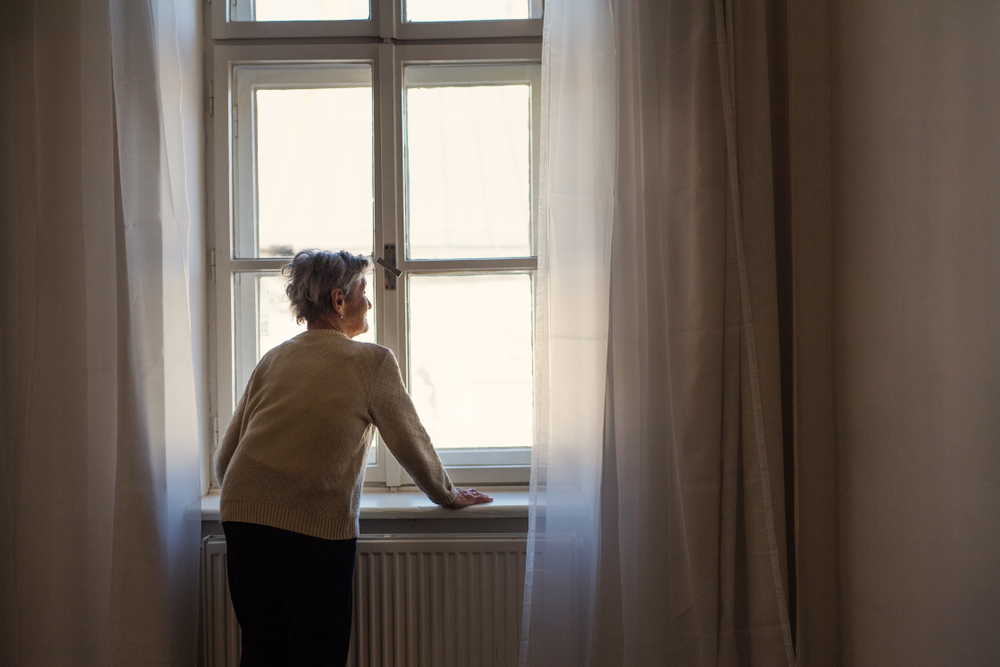Many seniors worry when their sleep changes—waking earlier, napping more, or struggling to stay asleep through the night. But what most doctors don’t emphasize is that sleep needs evolve naturally with age, and “less sleep” doesn’t always mean unhealthy rest. In fact, focusing too much on achieving a perfect eight hours can create unnecessary stress. The real issue isn’t always duration—it’s quality. Understanding how aging shifts your body clock and what truly restores you matters more than chasing a number.
Sleep Architecture Changes With Age
After seventy, deep restorative sleep (called slow-wave sleep) decreases, while lighter stages become more common. This shift means more awakenings but not necessarily poor health. Many older adults still get enough restorative rest in shorter stretches. The key is total refreshment, not perfection. Doctors often overlook explaining this change, leaving seniors anxious about “broken” sleep that’s actually normal.
Earlier Bedtimes, Earlier Mornings
Your circadian rhythm—the body’s internal clock—shifts earlier with age. That’s why many retirees feel sleepy by 9 p.m. and wake around 4 or 5 a.m. This isn’t insomnia; it’s biology. Forcing longer nights can backfire, leading to frustration and overuse of sleep aids. Aligning bedtime with natural rhythms and adding gentle morning light exposure can reset patterns smoothly.
Naps Can Help, Not Harm
Short daytime naps—ideally 20 to 30 minutes—boost memory and energy without harming nighttime rest. Yet many seniors feel guilty about needing rest breaks. In reality, strategic napping replaces the deep sleep the body now takes in smaller portions. Listening to your body instead of the clock fosters better overall balance. Sleep doesn’t need to fit a single block anymore.
Medications Quietly Disrupt Sleep
Common prescriptions—like blood pressure drugs, antidepressants, or pain relievers—often cause nighttime awakenings or vivid dreams. Over-the-counter sleep aids can worsen memory and balance, increasing fall risk. Reviewing medications regularly with a doctor or pharmacist identifies hidden culprits. Sometimes, small adjustments restore restful nights better than any pill.
Sleep Quality Over Quantity
Six and a half hours of calm, consistent rest may beat eight hours of tossing and turning. Focus on sleep hygiene—cool, dark rooms; consistent schedules; limited caffeine; and screen-free evenings. Relaxation rituals like reading or gentle stretching cue the brain for rest. True restoration depends more on rhythm than raw hours.
Hidden Sleep Disorders in Seniors
Conditions like sleep apnea, restless legs, or periodic limb movement often appear later in life. Symptoms—daytime fatigue, snoring, or frequent waking—can be mistaken for “normal aging.” Undiagnosed apnea increases heart risk and cognitive decline. Testing and treatment, such as CPAP or dental devices, often transform energy levels overnight. Don’t accept exhaustion as inevitable.
Emotional Health Affects Rest Too
Loneliness, grief, or anxiety frequently interrupt sleep after retirement or loss. Emotional unrest activates stress hormones, keeping the mind alert even when the body’s tired. Counseling, journaling, or group support can quiet racing thoughts. Mental calm is the foundation of deep rest. Healing the heart often heals sleep.
Rethinking Sleep Goals After Seventy
Instead of aiming for eight uninterrupted hours, focus on waking refreshed and alert. Seniors who accept natural rhythm changes feel less pressure and sleep more peacefully. Tracking how you feel—not how long you slept—guides better adjustments. Rest evolves with age, and that’s okay.
Have you noticed your sleep patterns shifting in retirement? What strategies help you feel rested? Share your tips in the comments.
You May Also Like…
Why Your Routine Health Check Might Be Missing These Early Warning Signals
What Aging in the Same House for 40 Years Does to Your Finances, Health and Memory
Why Some Boomers Regret Retiring Too Far Away from Healthcare Access
The One Legal Document That Should Be Updated Every 5 Years After Sixty
Renewing Purpose After Retirement: How Second Acts Are Beating Rumors of Decline

























